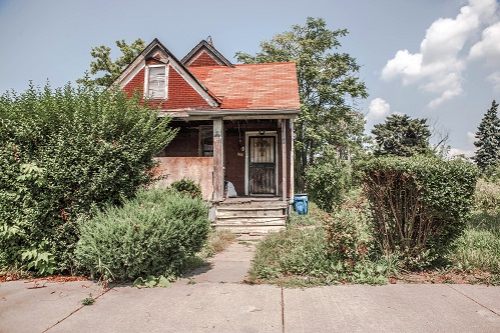Why do landlords require renters insurance?
Landlords generally require that tenants have renters insurance to ensure that they won't be held responsible for liability involving their tenants, and so there is coverage for any damage done by the tenant to the landlord's property.
The landlord's own insurance policy covers the house itself and provides liability insurance for any injuries or damage for which the landlord could be held responsible. When the tenant has their own insurance, such claims can be charged to that insurance policy instead. Renters insurance prevents complicated liability suits that might wind up in court.
It can also provide coverage for damage the tenant does to the landlord's property, preventing them from needing to file a claim against their own policy.
Renters insurance also provides coverage for the tenants' personal property. Landlords are not responsible for their tenants' property, but in the event of a fire or other claim, tenants may sometimes try to hold the landlord responsible to get their property replaced. Renters insurance prevents this.
Read more on what is landlord insurance.
How much does renters insurance cost?
Rates vary based on coverage amounts, the renter’s credit history, and where he or she lives. Based on an Insurance.com rate analysis, the national average yearly cost for a renters policy with coverage levels of $40,000 for personal property, a $1,000 deductible and $100,000 of liability protection is $347, or about $29 a month. Vermont Mutual is the cheapest renters insurance provider with an average rate of $130 per year. Louisiana has the highest renters insurance rates, at $540 a year. Wyoming has the lowest, at $183 per year.
To find out how much renters insurance you need and to see how much you can expect to pay, use Insurance.com's average renters insurance rate tool, which shows rates by ZIP codes for 75 coverage levels.
Find out which are the best renters insurance companies for 2024.
Frequently asked questions
Can landlord force you to get renters insurance?
The landlord can't force you to buy renters insurance if you've already signed a lease. Both of you have to follow the lease terms until it ends. However, the landlord can require renters insurance in the new lease, upon renewal.
How much renters insurance should a landlord require?
A landlord should typically require renters insurance coverage of at least $100,000 in liability. This helps cover any damage the tenant might cause to the property. The landlord might also suggest coverage for the tenant's personal belongings, usually around $20,000 to $30,000, but the exact amount can vary based on the value of the tenant's possessions.




